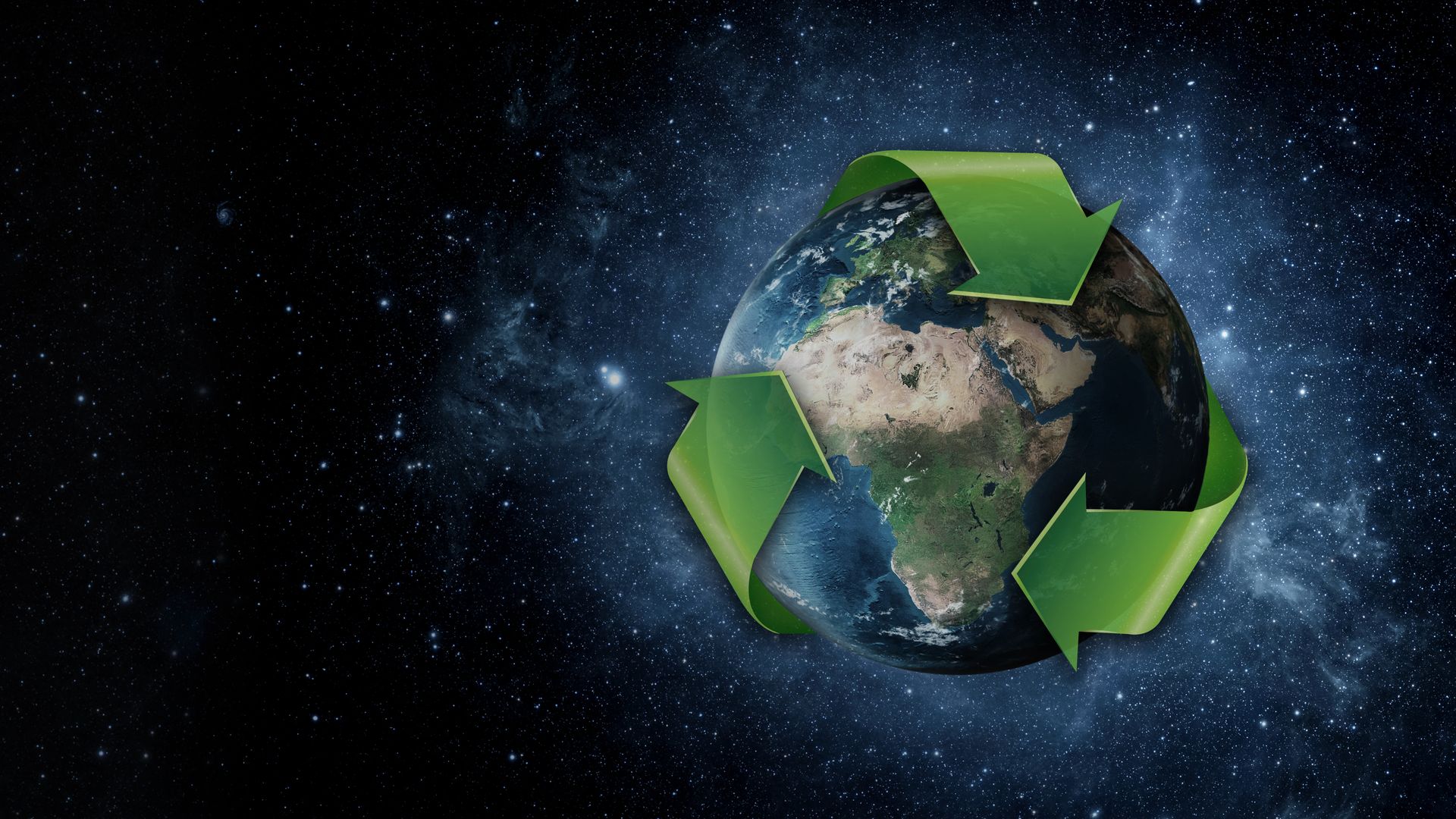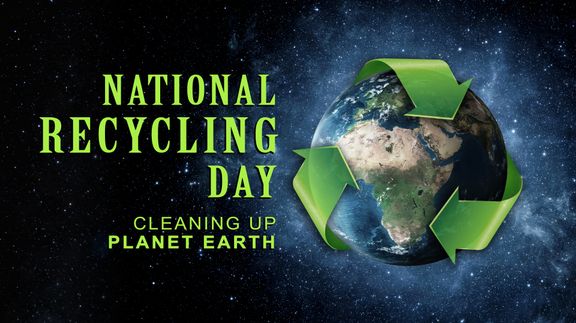

National Recycling Day: Cleaning up Planet Earth
National Recycling Day: Cleaning up Planet Earth
Recycling has been practiced since the dawn of humankind. Archaeological studies of early civilizations show us that in times of scarcity, people created less household waste. "Dustmen" of Victorian-era England collected coal ash to use in brick-making. In modern history, wartimes have highlighted humanity's resourcefulness. Household metals were melted down to make bullets used in the revolutionary and civil wars, and locally-organized scrap metal drives during World War II helped outfit forces with weapons and artillery. Fast-forwarding to today, global recycling efforts employ thousands of people, with some nations recycling over half of…
Recycling has been practiced since the dawn of humankind. Archaeological studies of early civilizations show us that in times of scarcity, people created less household waste. "Dustmen" of Victorian-era England collected coal ash to use in brick-making. In modern history, wartimes have highlighted humanity's resourcefulness. Household metals were melted down to make bullets used in the revolutionary and civil wars, and locally-organized scrap metal drives during World War II helped outfit forces with weapons and artillery. Fast-forwarding to today, global recycling efforts employ thousands of people, with some nations recycling over half of their waste. Although the numbers are promising, there is still much work to be done in reducing our waste output and environmental impact. This playlist lays out the consequences of pollution and highlights some of the cleanup efforts underway, as well as the bold strategies that must be adopted to ensure both our health and the health of the ecosystems worldwide.
Related Articles
View AllPlastic Pollution in the Ocean: What You Can Do About It
Conservationists are alarmed by masses of floating plastic garbage that endanger our oceans, including one they have dubbed the “Great Pacific Garbage Patch.” Finding new…
The Path to Earth Day: The Disasters and Dreamers That Sparked a Global Movement
An astounding photograph and two ecological catastrophes combined with a classic book to inspire a crusading U.S. senator to institute what he called a “national teach-in.” Fifty…
4 Engineering Innovations to Stop the Next Generation of Climate-Fueled Super Storms
Modern storms are growing increasingly devastating, fueled by climate change. While some anti-storm measures already exist, the need for new solutions on larger scales is only…
Overpopulation in the Era of Climate Change
Overpopulation is a root cause of climate change. Reducing the rate of population growth is crucial to the fight to bring global warming under control. However, governments are…
Endangered African Forests Fuel Climate Change
Our planet’s long-term health depends on moderating natural and human-made processes that lead to global warming and habitat destruction. Deforestation in Africa and elsewhere…